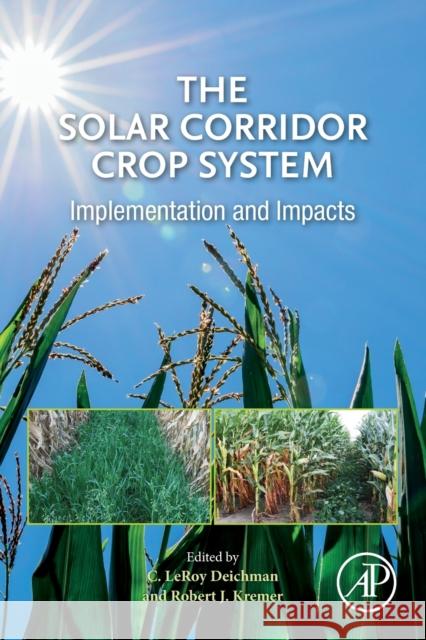The Solar Corridor Crop System: Implementation and Impacts » książka
topmenu
The Solar Corridor Crop System: Implementation and Impacts
ISBN-13: 9780128147924 / Angielski / Miękka / 2019 / 226 str.
Kategorie:
Kategorie BISAC:
Wydawca:
Academic Press
Język:
Angielski
ISBN-13:
9780128147924
Rok wydania:
2019
Ilość stron:
226
Waga:
0.31 kg
Wymiary:
22.86 x 15.24 x 1.22
Oprawa:
Miękka
Wolumenów:
01
Dodatkowe informacje:
Bibliografia











